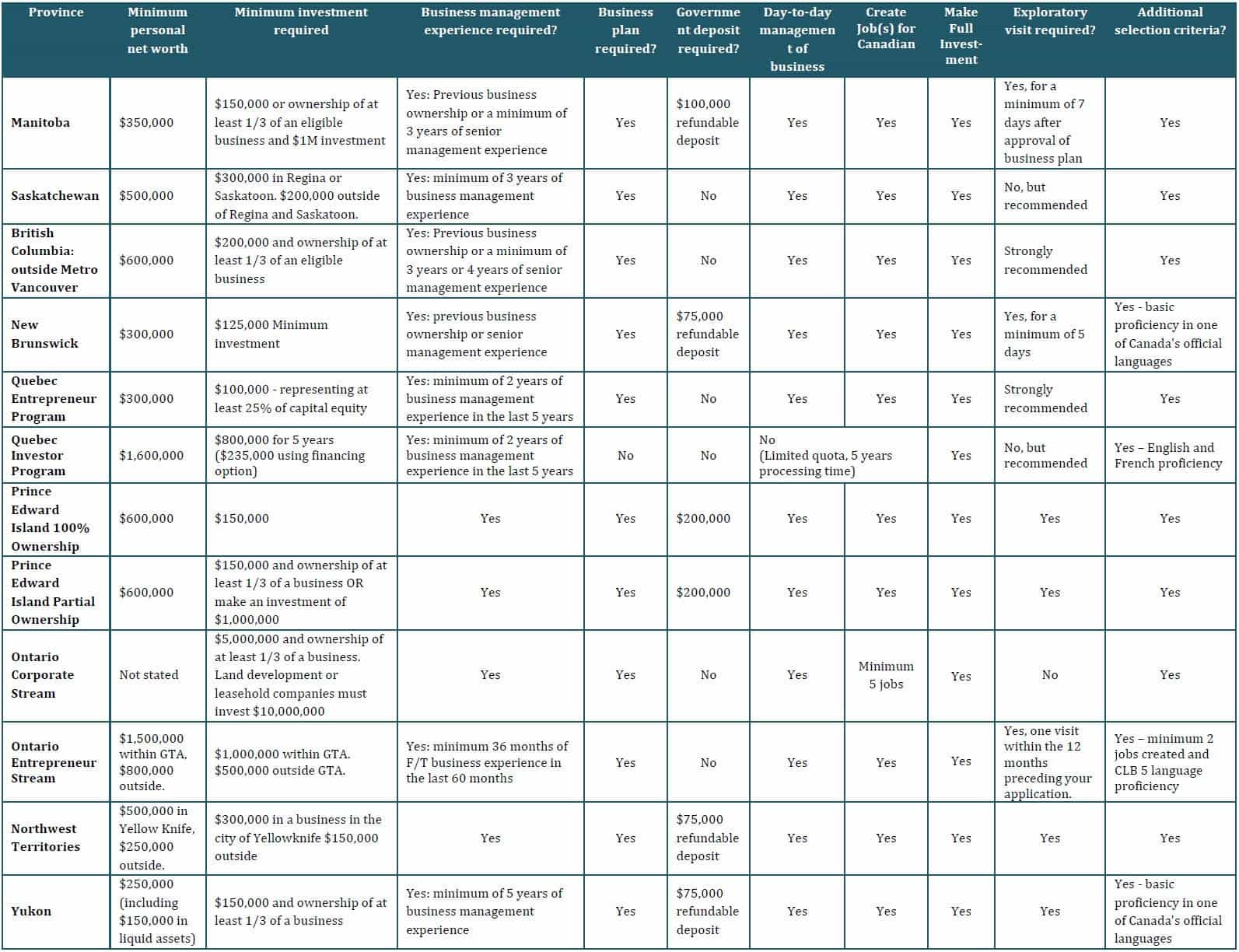Canada to target tech talent impacted by H-1B fee hike, says Carney
Prime Minister Mark Carney has indicated Canada is looking to introduce measures to attract talent impacted by the United States’ H-1B fee hike.
Carney made the comments while addressing reporters in the United Kingdom on September 27, after participating in the 2025 Global Progress Action Summit.
Schedule a Free Work Permit Consultation with the Cohen Immigration Law Firm
“What is clear is the opportunity to attract people who previously would have got so-called H-1B visas – and I’m going to simplify one of the big cohorts is in the tech sector.
“Not as many people are going to get visas to the United States. And these are people with lots of skills, enterprising, and willing to move to work.
“So, it’s an opportunity for Canada, and we are going to take that into account, and we are going to have a clear offering on that,” Carney said.
On September 19, US President Donald Trump signed a proclamation imposing a fee of $100,000 on new H-1B visas. The move is thought to mainly impact the country’s tech industry, which heavily relies on H-1B visa holders.
This is not the first time Carney has expressed an interest in attracting tech talent from the US to Canada.
On September 22, he made similar comments during a speech before the Council on Foreign Relations in New York City, while talking about Canada’s research and AI talent and noting that “most of them go to the US.”
“I understand you’re changing your visa policy,” Carney said. “Maybe we can hang on to one or two of them.”
For many foreign nationals, starting with a Canadian work permit can be a strategic pathway to permanent residence (PR), as gaining skilled work experience in Canada strengthens eligibility for economic immigration programs.
In Canada, work permits fall under two general programs: the Temporary Foreign Worker Program (TFWP) and the International Mobility Program (IMP).
A work permit under the Temporary Foreign Worker Program requires a Labour Market Impact Assessment (LMIA). The LMIA is a document that an employer gets as proof that the hiring does not negatively impact the Canadian labour market.
The TFWP consists of several streams, including the Global Talent Stream, which was introduced to help employers in Canada fast-track the hiring of foreign tech talent. It aims to establish a two-week standard for the processing of work permit applications for these skilled foreign workers.
The International Mobility Program, on the other hand, is LMIA-exempt.
In September 2024, IRCC introduced a new work permit under the Innovation Stream, a pillar under the Tech Talent Strategy. This falls under the International Mobility Program and gives skilled foreign workers with a job offer from one of the eight employers participating in the Global Hypergrowth Project access to an LMIA-exempt work permit.
Canada’s Tech Talent Strategy also included a streamlined work permit for H-1B specialty occupation visa holders in the US to apply to come to Canada. The initiative met its cap of 10,000 applications in one day after launching on July 16, 2023.
Other options for foreign workers in tech in Canada include Intra-Company Transferee work permits. This streamlines the process for multinational companies to transfer key employees (such as executives, senior managers, or those with specialized knowledge) from an overseas branch to their Canadian office.
Foreign nationals can also pursue Canadian PR directly through the Express Entry system.
To enter the Express Entry pool, one must be eligible for at least one of the three federal immigration programs managed through Express Entry:
The Federal Skilled Worker Program;
The Canadian Experience Class; and
The Federal Skilled Trades Program.
In 2023, Canada launched category-based selection draws to help the country meet labour market needs in in-demand sectors. STEM is one of the categories listed under the category-based selection draws. This gives workers in select STEM occupations an edge through lower Comprehensive Ranking Score (CRS) cut-off scores than those for general or Canadian Experience Class draws.
However, it’s worth noting the frequency of these draws. The last STEM category-based selection draw was held on April 11, 2024.
Schedule a Free Work Permit Consultation with the Cohen Immigration Law Firm















